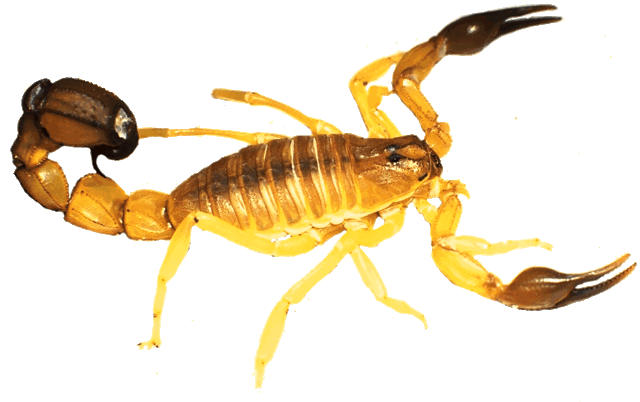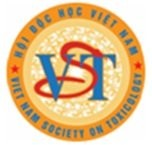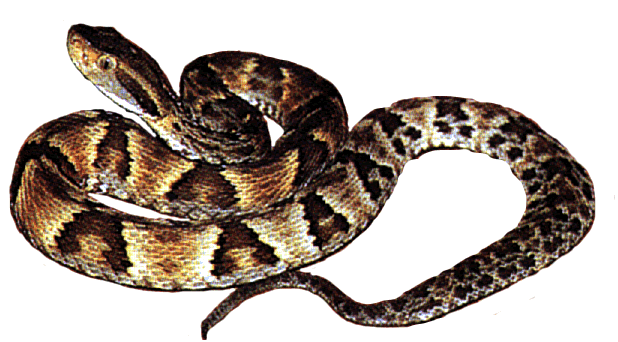IVAC is the only unit in Vietnam that produces antivenom serum for cobras and bamboo vipers; Other serums must be imported, so they are often scarce or unavailable.
The Institute of Vaccines and Medical Biologicals (IVAC) in Nha Trang invests in a horse farm to prepare anti-snake venom serum. Over the past 10 years, this place has produced and marketed serum against the venom of cobras and bamboo vipers – common snakes and many people who are bitten by them have to be hospitalized. These are also two types of serum that Vietnam actively produces, so they meet market demand. Dr. Duong Huu Thai, Director of IVAC, said that the Institute is researching and developing two types of serum against northern krait and indigo snake venom. These two types have completed the product creation stage and are being tested and evaluated on animals. According to the international standard vaccine and serum research process, these two types must then complete human studies, evaluate, complete documents and proceed to apply for a license. It is expected that in the next 1-2 years these two serums will be introduced to the market.
“If calculating economically, the investment and development of these 4 types of antisera is a loss, but it is meaningful to save lives and serve patients so The Institute still focuses its time and effort on research and production,” Mr. Thai shared with VnExpress.
According to him, the antiserum production process is quite expensive, while investing in research to produce a product is difficult, and maintaining it is even more difficult. There are many types of Vietnamese snakes that are only We encounter a few cases each year, requiring the maintenance of a large technological line just to produce a few vials of serum. Meanwhile, if the quantity used is small, the re-licensing procedures will be affected because there is not enough quantity needed to evaluate effectiveness, side effects… Serum is an antidote to snake venom, a preparation contains globulins capable of specifically neutralizing corresponding snake venom, taken from the serum of healthy cattle (horses, sheep, mules, donkeys) that are immune to snake venom. If a victim is bitten by a snake, if they use anti-venom serum promptly, it will immediately neutralize the snake venom’s toxins, thereby preventing the organs in the body from being damaged.
Normally, the sooner a patient receives a detoxifying serum infusion, the more effective the treatment will be, and can recover in about 2-3 days. There are two types of serum: monovalent serum (used to detoxify one snake species) and polyvalent serum (used to detoxify multiple snake species). Except for the two monovalent serums produced by IVC as above, the remaining serums being used by hospitals are mainly polyvalent and imported. Therefore, domestic supplies depend on foreign countries, which are often scarce, lacking or non-existent. Like krait antivenom serum, according to Dr. Le Quoc Hung, Head of the Department of Tropical Diseases, Cho Ray Hospital, polyvalent antivenom serum for krait, krait, king tiger, and earth tiger is commonly used. imported from Thailand.
However, since the outbreak of Covid-19 last year, this supply has not been available again, so the market is short of serum. An A 4-year-old girl in Phu Yen just died 5 days after being bitten by a garter snake, because hospitals do not have this anti-snake antidote serum. Doctor Dinh Tan Phuong, Head of the Emergency Department , Children’s Hospital 1, said that some snake species such as fire tigers (also known as red-necked flower snakes or school snakes), tiger cats… currently do not have anti-poison serum on the domestic and foreign markets. Therefore, people bitten by these snakes are very likely to be in danger, even die. Last year, two children baby died at Children’s Hospital 1 due to being bitten by a school snake without antidote serum. At that time, doctors contacted many countries around the world to search for anti-blood. Payment for the two grandchildren but still nothing. Currently, only a research institute in Japan is testing anti-serum against snake venom, but the product is still in the research stage and does not have enough three-phase testing to bring the finished product to market.

Talking about the reason why the serum production industry has not yet received investment attention, Dr. Hung agreed with IVAC’s difficulties and said that “producing anti-snake venom serum is not simple, it must be went through many stages of research and testing before becoming a commercial product.” Meanwhile, the number of snakebite patients is less than other common diseases, making investors afraid to spend large amounts of money to research and produce serum.
Sharing this opinion, Dr. Phuong said that producing antiserum requires a team of skilled human resources as well as great financial capacity. For example, student snakes have too little need for use, while any medicine only has a certain shelf life, if not used it must be thrown away. Patients who are bitten by kraits and kraits and do not receive serum injections can be replaced with respiratory support and blood filtration methods, which have a high survival rate, so the manufacturer is not interested in researching. The Center for Cultivation, Research and Processing of Medicinal Materials, Logistics Department of Military Region 9 (Dong Tam Snake Farm) in Tien Giang, which receives 2,000 cases of snake bites each year, has not yet prepared its own anti-snake venom serum. This place only raises snakes for venom and supplies IVAC to produce HTKN.
Another reason why anti-snake venom serum has not been researched in many places around the world is that the effectiveness of the serum depends on the species of snake and the geographical area in which they reside. According to Dr. Hung, drugs to treat other diseases can be used globally. Anti-snake venom serum is different, it can be effective against snake venom in this country but it may not be effective against the same snake species in another country. The reason is that the poison of the same snake species can be different depending on the food and characteristics of each locality. Without antivenom serum, nowadays, thanks to the development of medicine, people bitten by snakes will receive symptomatic treatment from doctors with many measures.
Doctor Nguyen Minh Tien, Deputy Director of the City Children’s Hospital, said that if the patient has muscle paralysis or difficulty breathing, they will receive early respiratory support, use medication to strengthen muscles, and wait about 1-2 weeks for the venom to subside. Snakes are semi-destructive depending on the amount of venom in the body. Patients with thrombocytopenia will receive platelet transfusions, and patients with coagulation disorders will receive blood transfusions and blood products. In cases of severe progression, doctors may prescribe advanced techniques such as dialysis, plasma exchange… “When there is no serum, the average treatment time is 7-14 days or longer. The cost is higher, there may be more complications,” Dr. Hung said, saying that such treatment is usually only effective for patients who come to the hospital early, without much disorder, and the amount of poison entering the patient’s body. medium. Neutralization of the poison cannot be as proactive as with antivenom serums.


